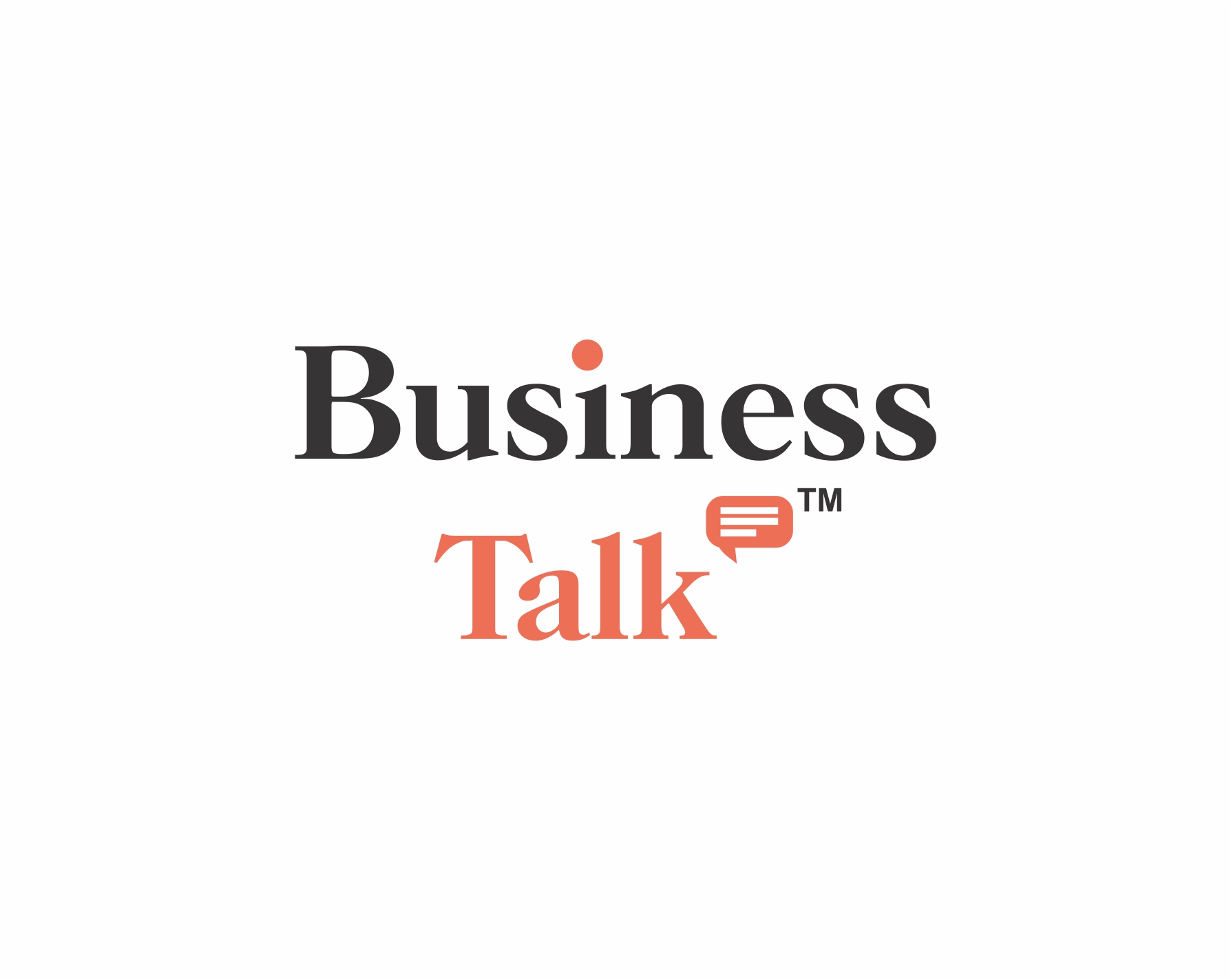Brushing and flossing alone won’t give you a beautiful smile. Healthy teeth require a lifetime of maintenance. Even if you’ve been told you have lovely teeth, it’s still important to care for them properly every day to avoid issues. This entails using the appropriate oral care products and paying attention to your regular routine. Your oral health can be maintained with the help of preventive hygiene practices, such as a comprehensive at-home oral hygiene routine and regular trips to the dentist. Here are our 13 best oral hygiene tips you can consider.
Best Oral Hygiene Tips You Can Consider
1. Brush your teeth before going to bed
It goes without saying that it’s typically advised to wash your teeth a minimum of twice a day. Many people still forget to brush their teeth before bed. But cleaning your teeth before bedtime gets rid of the plaque and germs that have gathered during the day. Following a meal, brushing as soon as possible increases the risk of sustained tooth decay by potentially removing some enamel.
2. Switch to a Soft-bristled Brush
Replace your hard brush if you’re using one right away. Although medium- and firm-bristled brushing may make your teeth feel healthier, they can be quite abrasive and potentially harmful over time. A soft-bristled brush would be adequate for the majority of people. Additionally, there’s no need to scrub too hard. Your teeth and gums won’t benefit from it. Try brushing in quick, circular motions while using light pressure. Definitely among the best oral hygiene tips you can consider.
3. Floss every night
Every night before brushing, floss your teeth to eliminate food particles and reduce the chance of tooth decay. It also supports maintaining healthy gums. Use floss that is up to 18 inches long to ensure that you may use a new section of floss between each set of teeth. Remember to wrap the floss around every single tooth by rubbing it against the teeth in a manner that forms a forward or backward ‘C’.
4. Brush or scrape your tongue daily
Bacteria may still be present on the tongue even after brushing your teeth. As part of your regular practice, brushing or scraping your tongue can help remove the bacteria and improve the freshness of your breath. Use a different toothbrush to scrape your tongue; make sure to use one for brushing.
5. Use a fluoride toothpaste
There are other aspects to take into account while buying toothpaste in addition to whitening power and taste. Whatever version you choose, make sure fluoride is contained. Even though some individuals are worried about how fluoride can affect other parts of health, it is still an essential part of dental health. It functions by protecting your teeth from harmful microorganisms and by battling the bacteria that can cause tooth decay.
6. Add Mouthwash to Your Routine
You might think that twice-daily brushing and flossing is plenty. However, using an antimicrobial mouthwash afterward will assist to reduce plaque by killing more dental bacteria. Mouthwashes can be a helpful supplemental technique to assist restore equilibrium. When brushing and flossing may not be possible or suitable for young or elderly persons, mouthwash is especially helpful.
7. Drink Plenty of Water
The healthiest beverage for your entire body, including your oral health, is still water. Every meal should be followed by a glass of water to help wash away some of the damaging effects of sticky and acidic meals and drinks between brushing. Additionally, rinse with just water after each meal rather than brushing. To disrupt and remove any food particles, try vigorously swishing the water between your teeth. It’s one of the best oral hygiene tips you can consider.
8. Eat crunchy fruits and vegetables
Despite their apparent convenience, packaged foods aren’t always the healthiest for dental health. The most beneficial meal for your teeth is that that seems fresh and crisp because it has healthier fiber. So, steer clear of extremely mushy processed foods, stop chopping everything into tiny bits, and use your jaws. Foods that are raw, rough, and fibrous, including celery, cucumbers, apples, pears, carrots, and lettuce, assist in cleaning the tooth surfaces and removing some plaque buildup.
9. Don’t Linger Over Sipping Sugary Drinks
Even though you should restrict the number of sugary drinks you consume, it’s best to consume them all at once rather than sips of soda, sweet tea, or coffee with added sugar and cream across the day. It turns into lactic acid when you expose your tongue to sugar regularly because some bacteria utilize it as food. Cavities develop when the nutrients in your teeth begin to break down as a result of the lactic acid.
10. Don’t delay dental treatments
Many people postpone receiving dental care because of worries, while others do so because they believe it will be too expensive. However, when compared to more involved procedures like dental crowns or implants, preventive exams and treatments are far less expensive. Avoiding required treatments could have a negative effect on your oral hygiene and ultimately cost you more money.
11. Minimize Smoking and Drinking Habits
Smoking weakens the immune system of the body, making it more challenging for the body to recover tissues, including those in the mouth. Smoking has a negative impact on the breath’s odor and the teeth and tongue’s look by causing discoloration. Additionally, if you drink, try to cut back on how much you consume. Alcohol addiction can raise the risk of dental disease, decaying tooth loss, mouth infections, and oral cancer, although moderate alcohol consumption may not have much of an impact on teeth.
12. Make healthy food choices
Your teeth are just one part of your body that is impacted by the food you consume! So make sure to consume a lot of fruits and vegetables. In order to keep gums and teeth healthy, vitamin D and calcium are required. Although you can take food supplements, it is best to consume dairy products like yogurt, cheese, and milk as well as enriched orange juice and other foods like broccoli and cheese. The vitamin B complex is also necessary to prevent teeth and gums from bleeding and cracking.
13. Avoid habits that are harmful to your teeth
Try to break bad habits like chewing your fingernails or opening bottle lids with your teeth, and avoid using tobacco and other items that are bad for your teeth. Visit a dentist for possible remedies if you frequently thumbsuck, lip-bite, protrude your tongue, or clench your teeth.
Conclusion
Those are the 13 best oral hygiene tips you can consider. The eyes, according to some, act as the soul’s window. However, if you are truly interested to get to know someone, look at their smile. Compared to a discreet smile or a terrible breath odor, a welcoming flash of pearly whites creates a positive first impression.
Also Read:
- 35 Most Beautiful Islands in the World
- List of Top 10 Healthcare Companies in India
- 10 Best Natural Muscle Relaxer for Pain Relief

Business Talk is a digital business magazine that caters to CEOs, Entrepreneurs, VC, and Corporates. While working with entrepreneurs and business executives, we focus not only on their achievements. Our mission is to shed light on business entities, including their innovations, technological benchmarks, USPs, and milestones/accolades.













